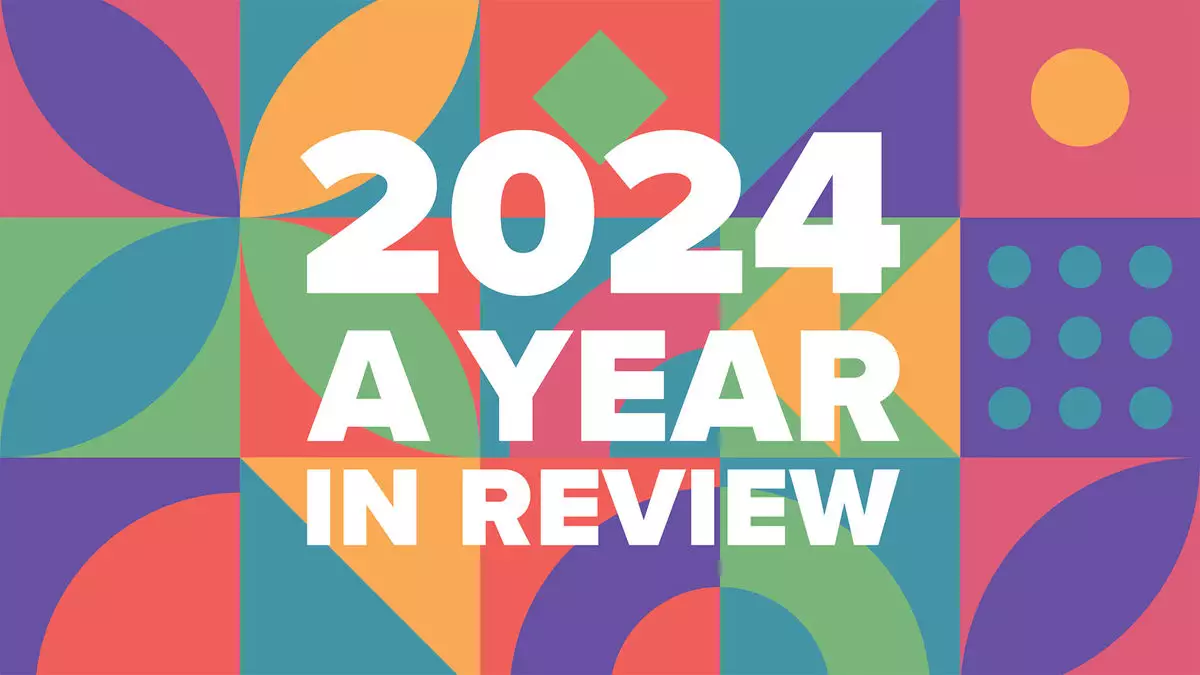As the landscape of travel continues to evolve, the influence of artificial intelligence (AI) has become increasingly significant. A recent survey conducted by Travel Weekly in 2024 highlights that AI adoption among travel advisors has surged, with a striking 41% of advisors now utilizing some form of AI in their operations. This trend is particularly pronounced among younger professionals, with 58% of those aged 45 or younger embracing AI technologies. These figures not only demonstrate a shift in the industry’s approach to technology but also challenge the perception that travel advisors are resistant to adopting new tools.
The integration of generative AI into travel services offers a plethora of benefits that enhance both efficiency and productivity. Innovations like TobyAI, introduced by Signature Travel Network, exemplify the direction in which the industry is heading. TobyAI is designed specifically for travel advisors, streamlining social media engagement and itinerary crafting. Similarly, Travel Leaders Network entered a partnership with TobyAI to further empower its members. Such bespoke AI solutions illustrate the travel sector’s recognition of the need for advanced tools that cater to real-world challenges faced by advisors.
The introduction of AI assistants, such as Colby AI by Fox World Travel, serves to highlight the multitude of possibilities that AI brings to the travel realm. Colby AI enhances workflow by providing timely data on traveler preferences, thereby personalizing the customer experience. Furthermore, it aids in booking inquiries and analytics, allowing advisors to focus on building relationships with clients rather than getting bogged down by administrative tasks. The ease with which these tools can integrate into existing workflows exemplifies a critical evolution in the way travel advisors operate.
The acknowledgment of AI’s transformative potential extends to major players in the industry. Expedia Group, for instance, showcased its AI-powered travel assistant, Romie, during its annual partner conference. CEO Ariane Gorin aptly remarked on the omnipresence of AI in current discussions, emphasizing that its integration into the travel industry is no longer a future concept but a present-day reality. This sentiment underscores the rapid adoption of technological advancements among industry leaders, who are increasingly leveraging AI to remain competitive.
The Future of Travel Advisors and AI Interaction
Looking ahead, the relationship between travel advisors and AI is likely to deepen as more tools become available and technology continues to advance. While there is an undeniable fear that AI might overshadow the human touch in travel services, the reality is that, when implemented effectively, AI can complement human expertise. Advisors can harness AI tools to enhance their services, freeing them to focus on crafting memorable travel experiences rather than managing mundane tasks. The challenge will then be for advisors to find the right balance between technology and personalized service, ensuring that the core of travel consultancy remains deeply human-centered.
As AI technologies gain traction, the travel industry stands on the brink of a significant transformation that promises to redefine how services are delivered and experienced. As more advisors embrace these innovations, the synergy between human intuition and artificial intelligence could establish a new standard in travel consultancy.


Leave a Reply